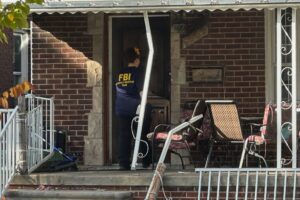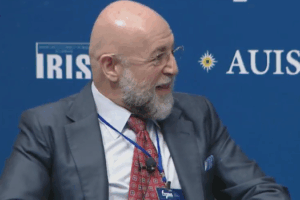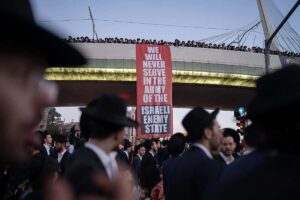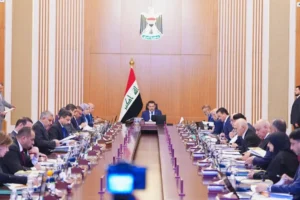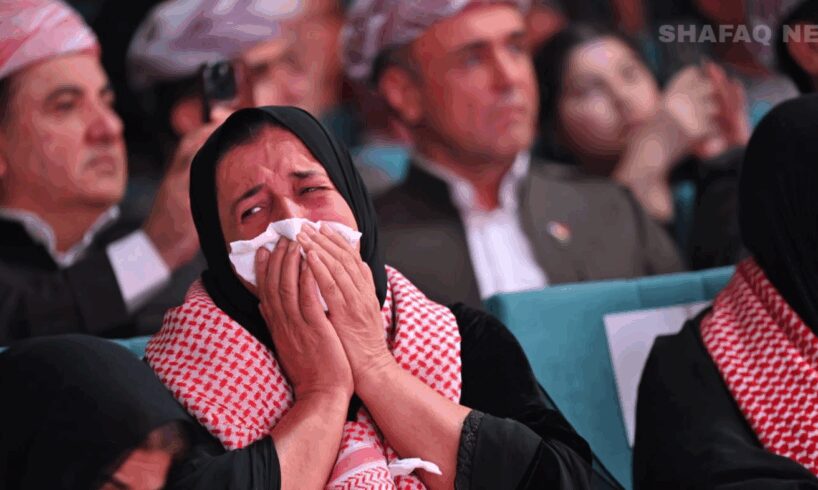
2025-07-31T20:46:05+00:00
font
Enable Reading Mode
A-
A
A+
Shafaq News
By Ali Hussein Feyli
Although the memory of Iraqis is burdened with disasters
and bloody tragedies, they rarely express them with collective awareness or in
public. Bitter experiences have taught them that reviving such memories could
be exploited politically by certain parties.
Every year, the anniversary of the Anfal campaigns launched
by Saddam Hussein’s regime against the Kurds passes without genuine engagement
from Iraqi public opinion. The reason lies not in a weak collective memory but
in official policies that have deliberately employed these occasions while
ignoring their national and humanitarian dimensions.
Successive governments, along with their media apparatuses,
have adopted a political discourse stripped of moral content, causing confusion
and apathy among the people. This performance has weakened trust and deepened
divisions to the point that mourning for an Anfal child has become rare, and
some have even gone as far as justifying the crime or praising the perpetrator.
Had media policies over the past two decades been more
professional and just, Iraqis of all backgrounds would today be at the
forefront of those crying out against the Anfal crimes and other massacres. But
the selective narrative and political exploitation have obscured the story,
disappointed the public, and embarrassed state institutions.
More than four decades have passed since the massacres
committed by the Ba’ath regime against Kurdish villages and towns under the
banner of “Anfal.” Yet official stances remain lackluster, and
society lacks a true moral compass. Although the Supreme Criminal Court
recognized the Anfal as a crime of genocide, that recognition failed to build a
firm societal awareness or prevent similar future catastrophes. Even the global
public only came to grasp the gravity of what occurred much later—because we
failed to tell the truth in its proper time.
Sociologists understand that neglecting such memories or
approaching them coldly weakens the collective conscience and causes dangerous
moral dysfunction in society. True commemoration of these events does not come
through official statements but through reviving awareness and involving
generations in understanding what happened and why it happened.
What is lost today is not merely a historical event, but a
precious moral and human capital. The moral exhaustion has reached a point
where society can no longer bear to look at images of the victims or comprehend
the horror of the crime. This poses a serious threat to the identity and social
fabric of the country.
Perhaps the deliberate neglect of the anniversary of the
Barzani Anfal this year is a glaring example of this absence. There are no
sufficient justifications for erasing this tragedy from public awareness,
because the collective memory only thrives when citizens feel that it concerns
them—that it lies at the heart of their cause.
Commemorating this anniversary does not mean inflating the
number of victims, but pausing to understand how the Kurds reached that moment
in history, and what must change to ensure it does not happen again. The loss
of social trust capital has worsened today, and officials must recognize the
value of these occasions as gateways to restoring national unity.
The Anfal is not merely a Kurdish tragedy—it is an Iraqi
catastrophe par excellence. It deserves to be embraced by all components of the
Iraqi people, not as a sad memory, but as a cry of conscience against tyranny,
whose echo should be heard in Basra, Al-Anbar, Nineveh, and every corner of
this land—a roadmap toward a future where justice is never forgotten.
This article was originally written in Arabic.
